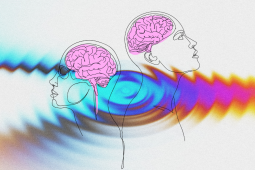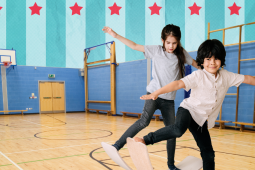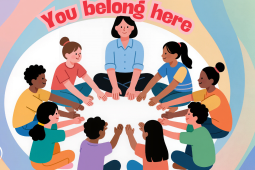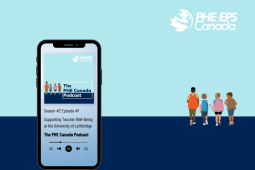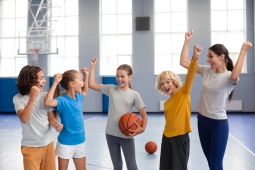2024 Graduate Student World Café Reflections

We are less than one month away from this year’s Research Forum, and it has us feeling sentimental about the connections we made last year in Saskatoon. As everyone is putting the finishing touches on their presentations, we connected with last year’s Graduate Student World Café presenters to hear about their experiences presenting and garnered advice for this year’s student presenters.
Last year, all presenting graduate students had 3 minutes to share their research. After these presentations, each student was assigned to a roundtable where attendees could ask students questions and provide guidance on their research. We asked the students what encouraged them to present at the forum, what their main takeaways were, and what advice they had for this year’s students. If you want to see this year’s presentations, register for the 2025 Research Forum here!
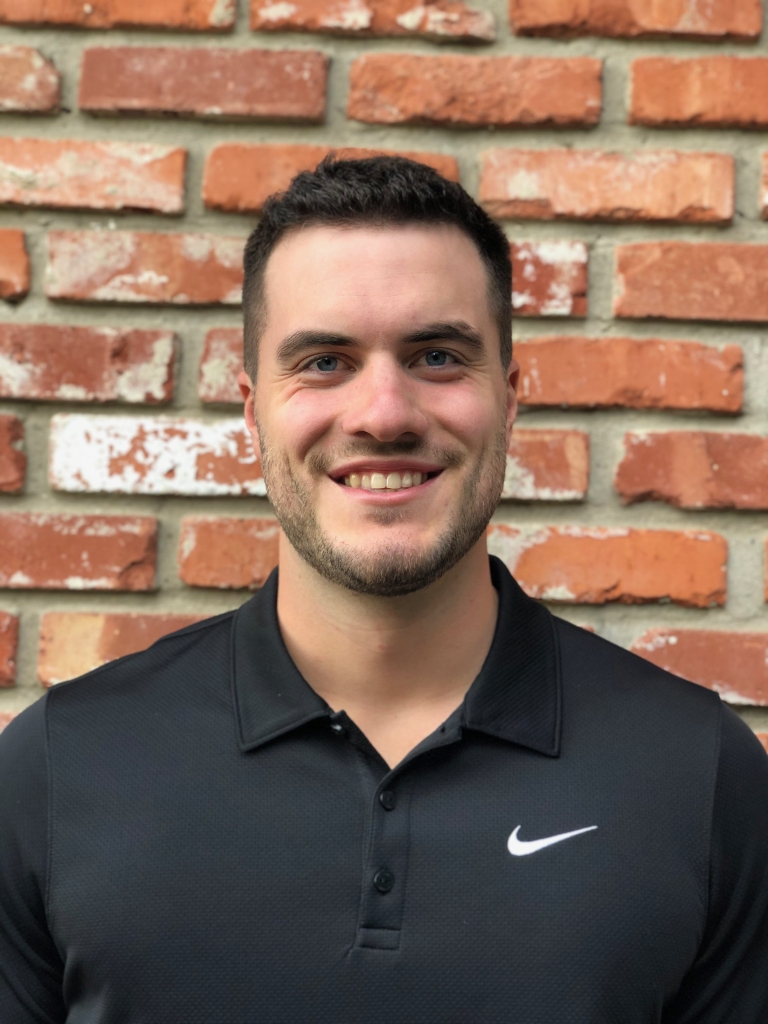 |
Evan BoechlerUniversity of Saskatchewan - PhD Current Field of Study: Indigenous Wellness |
What aspects of the Graduate Student World Café did you find most valuable?
The most valuable aspect of the Graduate Student World Café, for me as a graduate student, was the opportunity for meaningful conversations with peers following the presentations. The roundtable discussions in a less formal setting were particularly beneficial, allowing for genuine back-and-forth dialogue rather than a structured question-and-answer session in front of an audience. These discussions provided a space to explore different perspectives and lived experiences, which helped deepen my own understanding of my research topic.
Additionally, the chance to present in front of the entire research forum was incredibly valuable. Since no other presentations were scheduled at the same time, my story was heard by every presenter and attendee at the conference.
How did the Graduate Student World Café contribute to your academic or professional development?
The Graduate Student World Café provided an inclusive and supportive environment that made networking much easier, particularly for graduate students who may find large conferences intimidating. While meaningful academic discussions are essential for growth in the field of research, they can sometimes be difficult for graduate students at conferences—especially first-time attendees—to initiate. Through the structure of the Graduate Student World Café, I was able to build new relationships, some of which have already led to collaborations on current research projects and future ideas. This experience provided me with valuable professional and personal connections, and I look forward to reconnecting with many of them again this year in Niagara.
What advice would you give to a future Graduate Student World Café presenter to gain the most from this experience?
My advice to future Graduate Student World Café presenters is to focus on making their presentation as engaging as possible. Rather than trying to include every minor detail, prioritize capturing the audience’s attention by framing your research as a compelling story. Since there is plenty of time for in-depth discussions afterward, the goal should be to spark curiosity and invite questions. A presentation that resonates with the audience will naturally lead to meaningful roundtable conversations, which, in my experience, was the most valuable aspect of the event.
Megan TomynUniversity of Saskatchewan - Master’s Current Field of Study: Kinesiology (Indigenous Wellness) |
What motivated you to participate in last year’s Graduate Student World Café?
My supervisor, Dr. Lee Schaefer, let our lab group know about the opportunity to attend PHE 2024. Given that this conference was also in Saskatoon, which is where the University of Saskatchewan is, this made it very easy to attend. I am also aspiring to pursue a PhD, so presenting my research at conferences is essential in building my CV. I also thought this was a very cool opportunity to present my research, and I am planning to attend PHE 2025 to present my finished research.
What aspects of the Graduate Student World Café did you find most valuable?
While attending the Graduate World Cafe, I found it very meaningful that this was a three-minute thesis style. This was the first time I had presented my research, and three minutes (with a large audience) was the perfect introduction to presenting my research. It was also very interesting to see what other research was going on across the country in the field of physical health and education. My prospective supervisor for my PhD was also an attendee of PHE 2024, which was exciting! I found it inspiring to learn more about her work and to see how it aligns with my research goals.
What was your number one takeaway from the experience?
My number one key takeaway is the importance of networking in academia. Last year, I was still a little bit on the shy side when it came to networking, but throughout the conference, I started to socialize more with others. It was so cool to listen to the experiences of other people involved in physical health and education in either academia or their work. It made me aware of more opportunities that are out there in these areas of research. This was also a great introduction to presenting. Especially to other people who are not my colleagues at my university. I am still working on being less nervous when speaking in large crowds, and I have found exposure to be the best solution. It was also a good starting point with it being in my city, making it easier to feel comfortable. Now, I also know what to expect for PHE 2025 in Niagara!
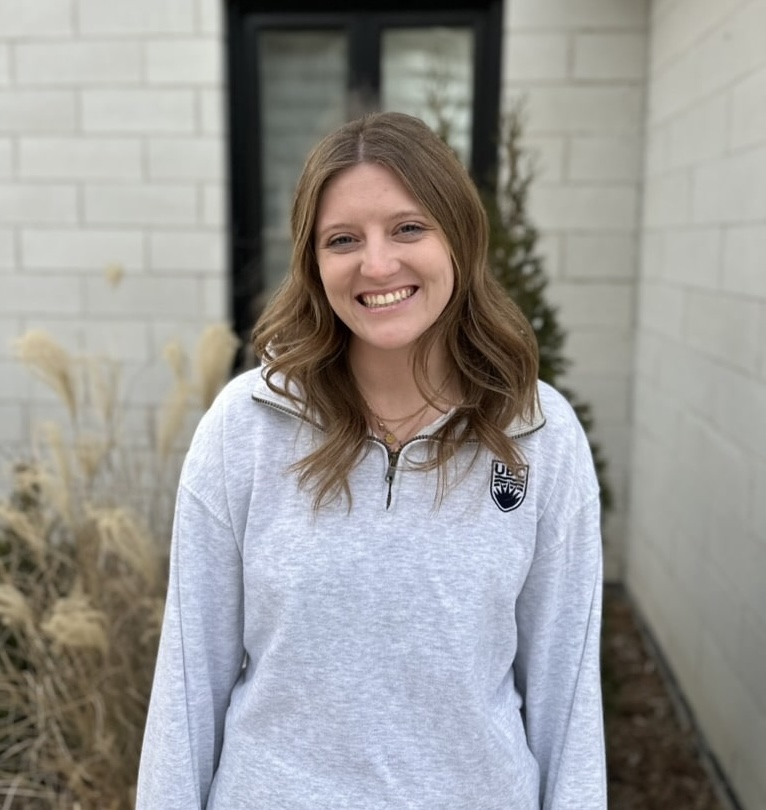 |
Julia Nord-LethAt the time of presenting - University of British Columbia - Master’s Current Field of Study: Kinesiology and Health Studies |
What motivated you to participate in last year’s Graduate Student World Café?
I was motivated to participate because I wanted to connect with other researchers, share ideas, and gain new perspectives within my field. As a new researcher, it was a great opportunity to learn from peers and mentors, discuss PHE topics that we are all passionate about, and expand my understanding of different research approaches.
I was also excited about the networking opportunities. Connecting with graduate students and faculty from different universities was a great opportunity for me to build relationships with people I can reach out to for support, collaboration, or simply to exchange ideas and feel a part of a community. Meeting experts in the field was very valuable and gave me insights into current research trends.
Additionally, I was motivated to participate in the event to help build my CV and develop professional skills. Engaging in academic discussions, presenting my ideas, and learning how to share my research in a collaborative setting helped to build my confidence and communication skills. The discussion-based setup of the event made it even more meaningful and less daunting, as it encouraged conversations, knowledge sharing and feedback rather than passive listening, which was another reason I was motivated to partake. Overall, the experience was great!
What was your number one takeaway from the experience?
In addition to what I have already shared, one of my biggest takeaways from the experience was the sense of community within the PHE context. Sometimes, doing research can feel lonely, but this opportunity reminded me how exciting this work can be and how supportive the academic community really is (and less scary than we think).
Participating in conversations with peers, mentors, and experts from different universities showed me that research should not be just an individual journey but that it is all about collaboration. I was grateful for how open everyone was in sharing their experiences, offering advice, and discussing challenges. As a new researcher, it reminded me that I don’t have to navigate this path alone and that there is a community. This also made me feel re-excited about topics and more motivated to pursue the ideas and research I have been working on.
The event also reminded me about the importance of building connections early in my career. Having a group of people who are passionate and excited about similar areas to exchange ideas with, reach out for support from, or collaborate with in the future is so useful.
What advice would you give to a future Graduate Student World Café presenter to gain the most from this experience?
I would say to go in with an open mind and don’t be afraid to jump into the discussions. I know it can be a bit scary to present your work, but it’s such a supportive environment that you’ll feel more at ease once you start talking. What I found most valuable was listening to others and seeing how their research connected to mine in unexpected ways, so definitely be open to learning as much as you share.
Also, don’t just present and leave; try to stick around and chat with people. I was a little shy at first, but connecting with other students and faculty from different universities turned out to be a great part of the experience. You never know who you might meet, and those connections could be really helpful down the road.
Don’t be afraid to step outside your comfort zone. Sometimes, it can be intimidating to present your work (it was for me) but remember that everyone is there to learn and share, not judge. Being authentic and open about your research will make it easier to connect with others and receive meaningful feedback!



